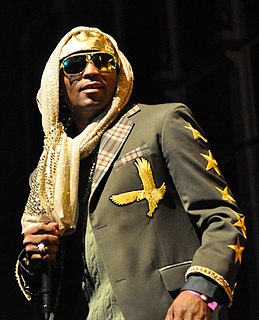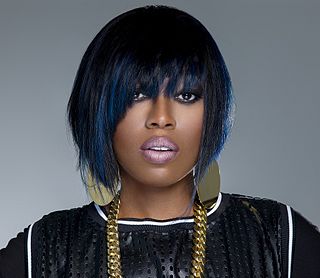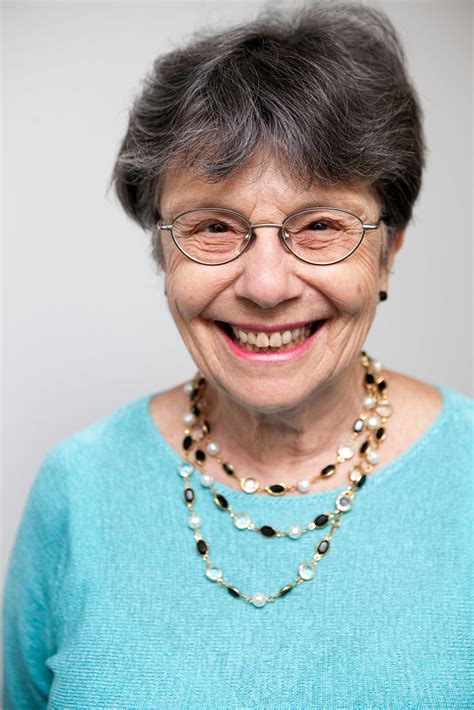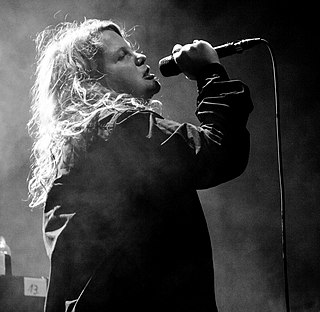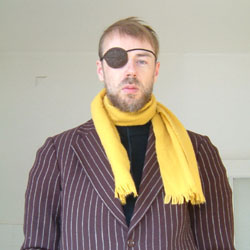A Quote by Anna Journey
I prefer assonance and internal rhyme to end rhyme. I mean, the sonnet already looks like a box. Best not to get too boxed in, though.
Related Quotes
This is what rhyme does. In a couplet, the first rhyme is like a question to which the second rhyme is an answer. The first rhyme leaves something in the air, some unanswered business. In most quatrains, space is created between the rhyme that poses the question and the rhyme that gives the answer - it is like a pleasure deferred.
To me, poetry is a recreation, a renewal of language... The subtlety of what words mean and the fact that you write something and all of a sudden you'll realize that "yes, it reaches out. It meant that, too." Then all of a sudden you'll get a rhyme and the rhyme will throw up a whole new way of looking at things. It's this relationship that you never dreamed of.
In 1967, in DeKalb v. DeSpain, a court (255 F.Supp. 655. N.D.Ill. 1966.) took a 4-line nursery rhyme used by a K-5 kindergarten class and declared the nursery rhyme unconstitutional. The court explained that although the word 'God' was not contained in this nursery rhyme, if someone were to hear the rhyme, he might think that it was talking about God - and that would be unconstitutional!

